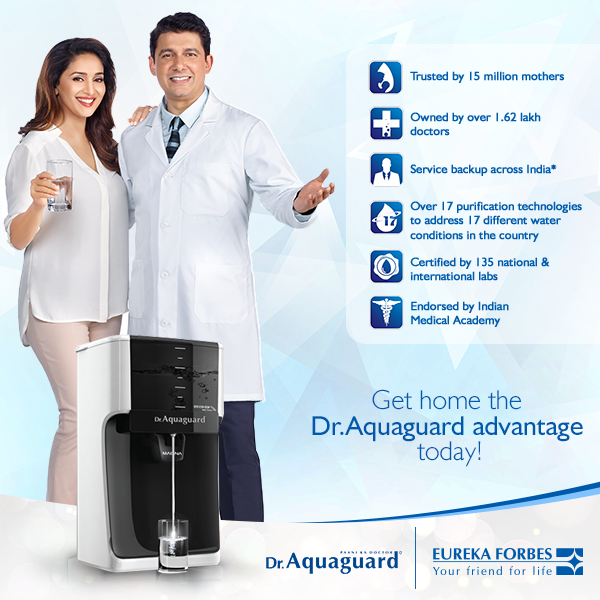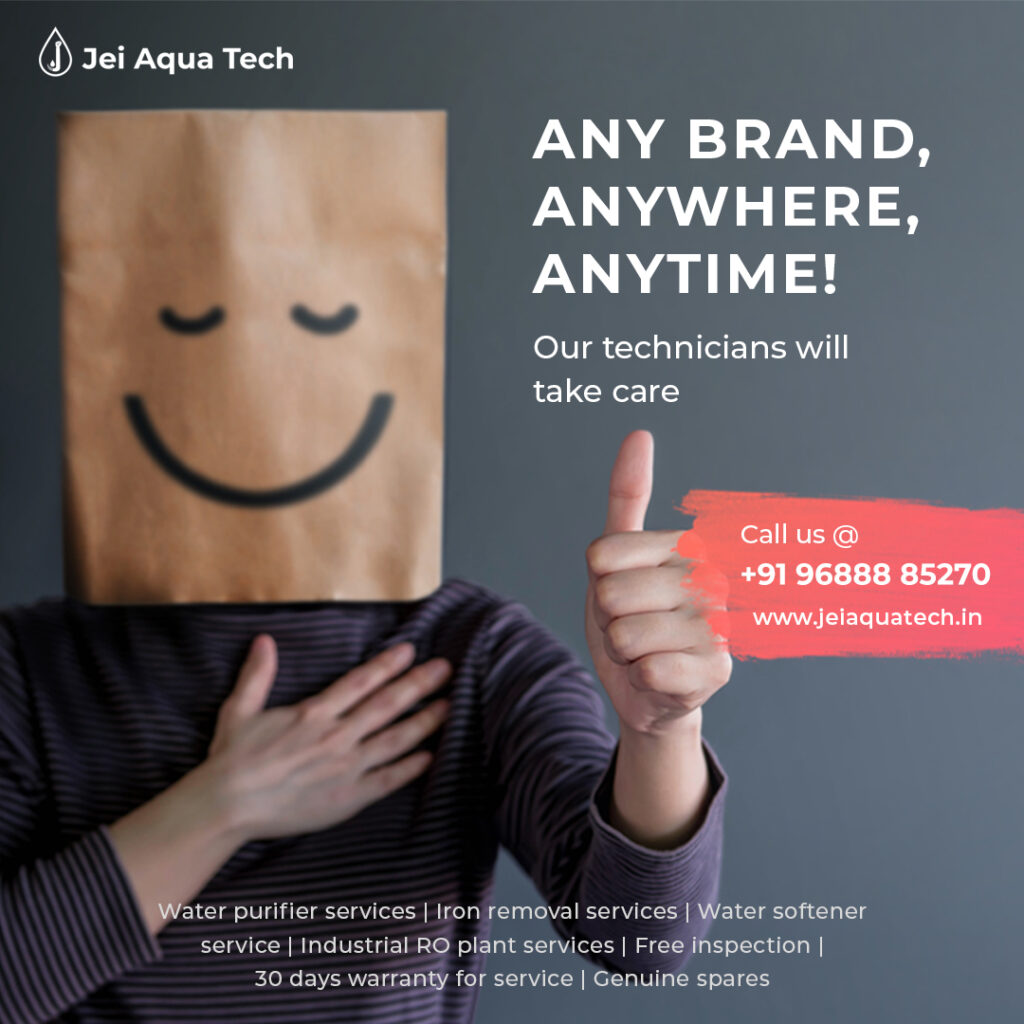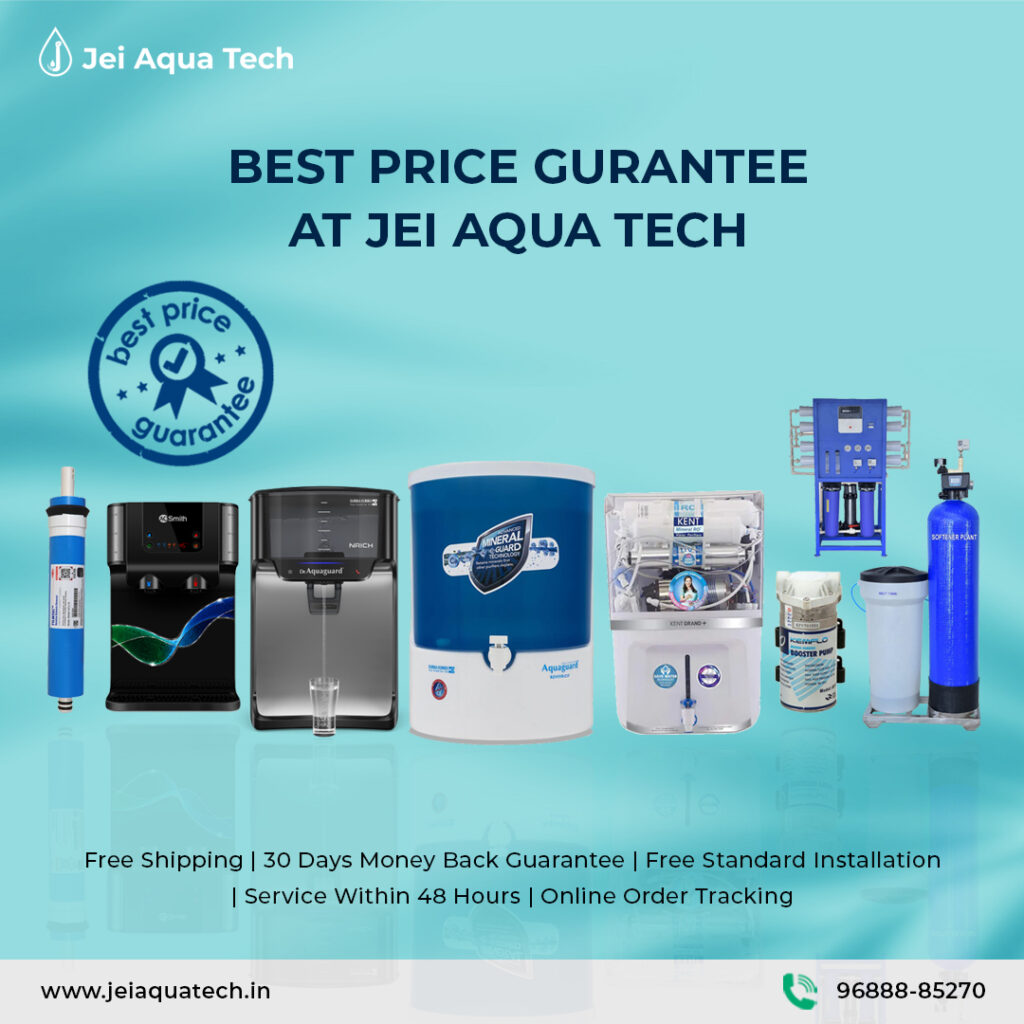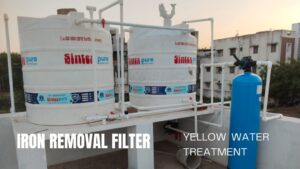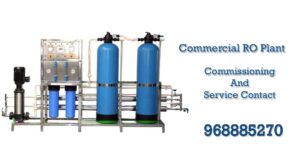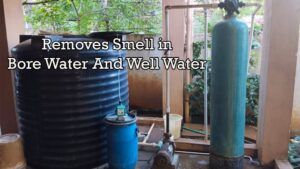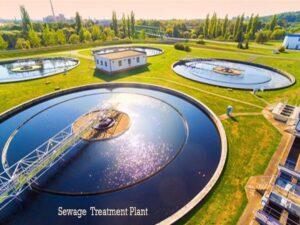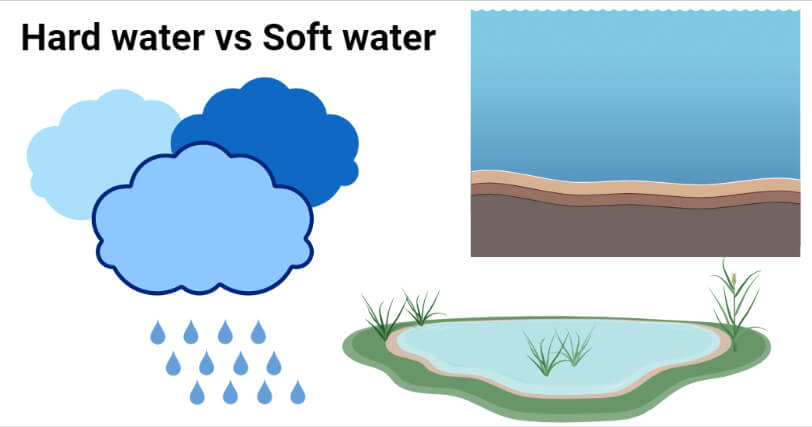
Hard water and soft water – what is the difference, which one is best for the skin, Is hard water safe to drink? Is tap water hard or soft? When our specialists visit homes to do RO service and installs, these are the most common questions our customers have for us. For this month’s “Experts Explained,” edition our water treatment specialists weigh in on all your pressing inquiries.
Below are links to the recent “Experts Explained” articles in case you are interested in catching up.
- Where to buy water purifiers: Online, at dealers, or in retail stores?
- Commercial reverse osmosis systems explained
- How to Choose a Water Purifier for Your Home
- What is RO service? Chennai’s top 10 RO service centers.
- What is a heat pump – definitions, types, applications, and buying tips.
Let’s start with the basics.
What is hard water
The presence of significant levels of minerals (calcium and/or magnesium) in water is referred to as “hardness”. A result of the metal cations is hard water. Groundwater is a good example.
Based on how hard it is, hard water can be divided into two types.
- Temporary hardness
- Permanent hardness
The temporary hardness of water is due to the presence of dissolved bicarbonate minerals (Calcium bicarbonate and Magnesium bicarbonate) which can be reduced by boiling the water.
The permanent hardness of water is due to the presence of dissolved Chlorides, Nitrates, and Sulphates of Calcium, Magnesium, Iron, and other metals. Chemical agents can remove permanent hardness. Boiling cannot.
Signs of hard water
Water tastes metallic
Dry skin & hair fall
Clothes fade quickly
Porcelain with ugly brown stains
White hard water patches on vessels
Pipes clog often
Difficulties associated with hard water
In domestic use
Detergent lathers poorly in hard water. So, it loses its cleansing power and is wasted.
Hard water moisturizes the skin inadequately and leaves sticky scum on the bathtub and body. Thus, soap cleans poorly and is wasted.
Salts present in the hard water enhance the water’s boiling point. Cooking requires more fuel and time.
Hard water harms digestion. Urinary tract calcium oxalate crystals are also more likely.
It’s probable that the soap curds and deposits it leaves behind on pipes and other plumbing fixtures will be a nuisance at the very least. Because of this, there is a possibility that the diameter of the pipes will be gradually reduced.
In industrial use
Sugar industry – It causes difficulties in the crystallization of sugar.
Dyeing industry – Its dissolved salts might precipitate expensive colours.
Paper industry – The paper’s quality could be diminished if the water contains calcium, magnesium, or iron salts.
Textile industry – Hard water wastes soap. Calcium and magnesium can change the way a fabric looks and feels.
Pharmaceutical Industry –In the process of making medicines, hard water can lead to some unwanted results.
So, you might get a basic idea of what hard water is and how it works. Now, we’ll quickly move on to another type, soft water. So that we can answer indeed the strangest questions our customers ask.
What is soft water
Surface water that is low in ions like calcium and magnesium is soft water. Rainwater and distilled water are a few examples of soft water.
The concentration of calcium carbonate shouldn’t be higher than 85.5 parts per million.
Soft water can also mean the water that comes out of the process of softening water. But it has sodium and bicarbonates in it.
Your household appliances, most notably the water heater, will suffer damage if you have hard water. It leaves calcium carbonate deposits on hot water pipes, which lowers water pressure and, therefore, reduces the efficiency of boilers.
According to one of the studies, the damage that hard water has on your primary water-using appliances could end up costing you 60,000 Indian rupees per year in additional repair and maintenance costs.
See how much shorter that average lifespan gets when you use hard water in your home below.
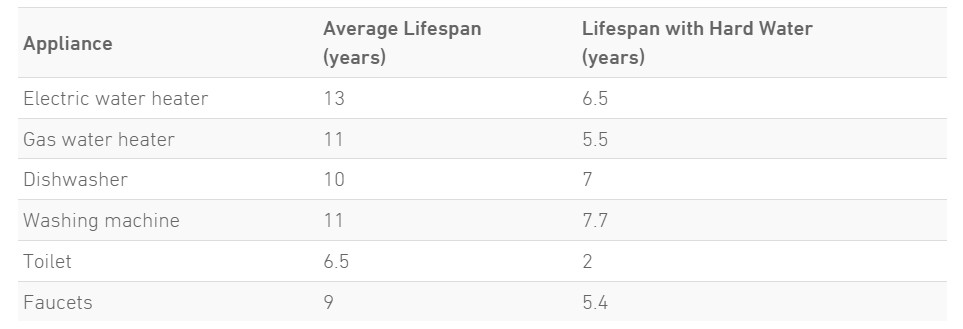
The technology has even advanced to the point where movies like “Avatar: The Way of Water” can be shot entirely underwater. Unfortunately, more than 80% of the world’s population — or around one in eight — lacks access to safe drinking water.
Many of them drink hard water, which is widely recognized as a major contributor to the global disease burden by causing the emergence of cardiovascular disease, diabetes, infertility, neuro degenerative disorders, and renal dysfunction, among many others.
Across India, the states of Rajasthan, Uttar Pradesh, Gujarat, Karnataka, Maharashtra, Madhya Pradesh, Bihar, Jharkhand, Tamil Nadu, Telangana, West Bengal, and Andhra Pradesh all have water with a hardness of 30 °dH or more (very hard).

Okay, but the reality remains that… Now is the time to provide responses to the questions posed by our customers.
Difference between hard water and soft water
Hard water is defined as water that does not produce a lather when used with soap. Whereas soft water gives more lather with soap.
Soft water is ideal for household uses such as dishwashing, showering, and cooking, and it also finds widespread application in commercial and industrial sectors.
Hard water with 8-18 °dH is preferred for drinking. Drinking soft water might raise blood pressure in persons who are already prone to hypertension due to its greater salt content.
Soft water is good for the skin because it makes soap and body washes work better and makes the skin look brighter.
Is hard water safe to drink
It’s true that hard water is harmful to your pipes, but it’s rich in minerals to drink.
At its Geneva Conference, WHO said hard water is safe. Hard water, especially very hard water, may boost calcium and magnesium consumption. But on the other hand, it could lead to hair loss and skin irritation. Consider installing a water softener in your house if you have issues with dry skin and hair.
Is tap water hard or soft
In Chennai, both tap water and Metro water are soft. Depending on where you are, the hardness might range from 15 to 25 °dH.
But even so, if you think the water in your home in Chennai is very hard, the pipeline could be damaged or have a lot of dissolved contaminants. Check to see if any of the indicators of hard water that we discussed earlier are present. If you like, you can also contact Jei Aqua Tech at this number: 9688885270 to have a complimentary home inspection.
We hope you liked this month’s edition of “Expert Explained.” We’ll see you all next month with another interesting topic. Merry Christmas and Happy New Year to all our beloved customers and fans! Cheers!
If you have any further questions about this, or if you’d like to suggest another topic for us to cover, please don’t hesitate to write to us at contact@jeiaquatech.in.

